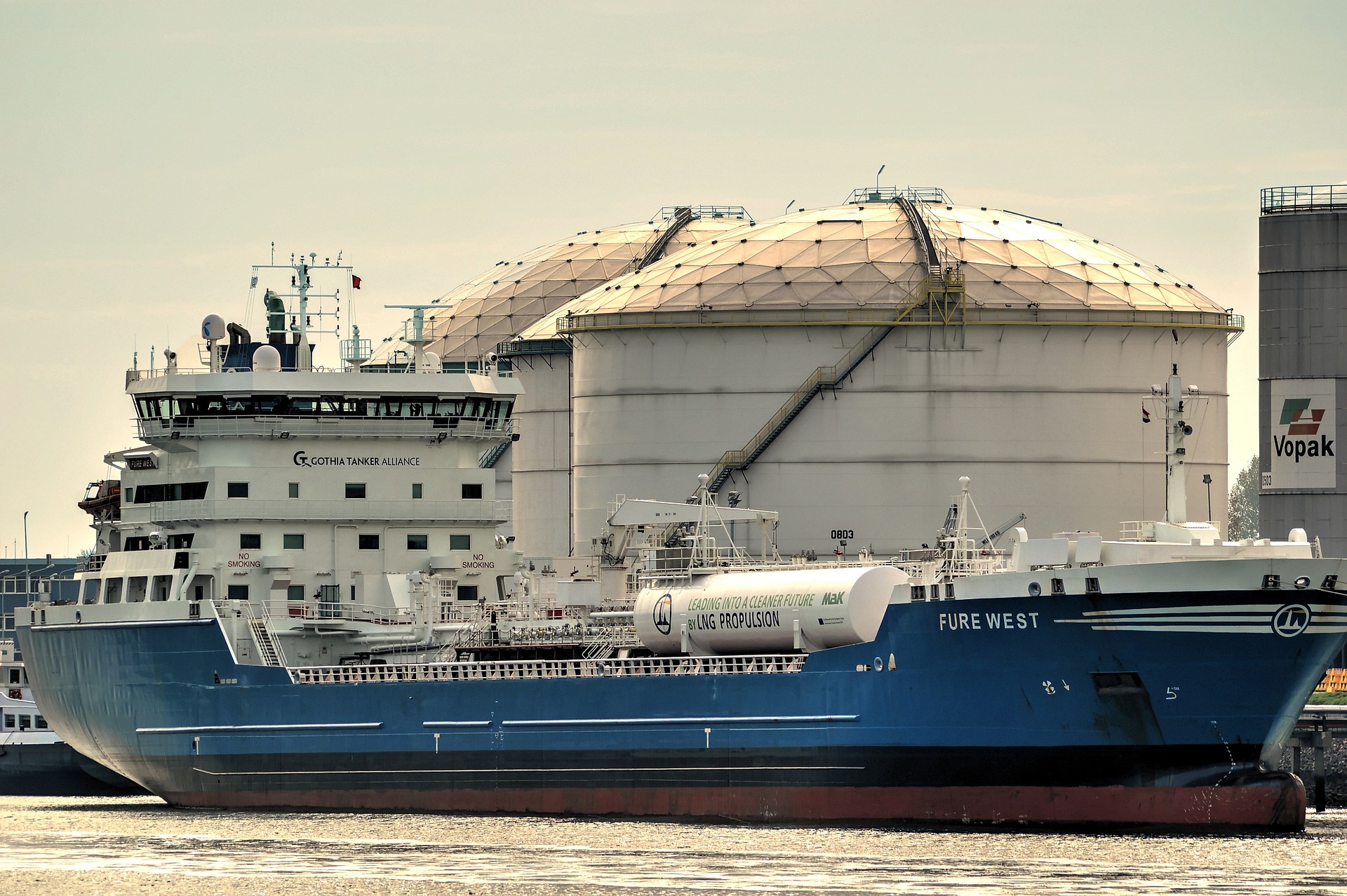A catastrophic incident in the Black Sea has led to the sinking of two Russian oil tankers, triggering a significant oil spill emergency and sparking fears of severe environmental damage. The ships, Volgoneft 212 and Volgoneft 239, were caught in a violent storm near the Kirch Strait, a key waterway linking the Black Sea with the Sea of Azov, on Sunday.
The Incident and Immediate Response
According to the Federal Agency for Sea and Inland Water Transport, both vessels were severely damaged during the storm, resulting in what Russian authorities have described as an “oil spill emergency.” The two tankers were carrying around 4,300 tonnes of oil each, though reports on the actual volume spilled remain unclear. Tragically, one crew member was confirmed dead, with 29 others on board the two ships—15 on one tanker and 14 on the other—at the time of the incident.
The distressing events were captured on film by nearby sailors, who observed one of the vessels sinking before the second followed suit. “Another ship is going down. Holy shit!” one sailor remarked as the disaster unfolded.
Environmental Concerns
Environmental experts are sounding alarms over the potential ecological repercussions of the spill. Paul Johnston, head of Greenpeace Research Laboratories at the University of Exeter, emphasized the severity of the situation. “Any oil or petrochemical spill in these waters has the potential to be extremely serious,” he warned, noting that the prevailing winds and currents could push the spill toward the shoreline, where it could cause widespread contamination that would be difficult to clean.
The spilled oil is reportedly mazut, a heavy and viscous fuel oil commonly used in power plants and shipping. This type of oil is known to cause significant environmental damage due to its slow dispersion and persistence in the water, making it harder to contain than lighter oils.
Johnston further explained that the impact would depend on the specific type of oil involved. “Heavy residual fuels like mazut tend to cause more visible and long-lasting damage than lighter, more refined oils, which break up more rapidly,” he said.
Potential for Long-Term Damage
The environmental risks of this incident are considerable, with the potential to harm local marine life and coastal ecosystems. Oil spills of this magnitude can lead to the fouling of beaches, disruption of marine habitats, and long-term damage to biodiversity. The difficulty of cleaning up heavy fuel oil further exacerbates the challenge, as it tends to form sticky, tar-like residues that cling to surfaces and wildlife.
As the situation unfolds, it remains to be seen how quickly and effectively the Russian authorities can respond to the emergency. Containment efforts in such turbulent waters are likely to be complicated by both the weather conditions and the vast area affected by the spill.
Global Implications
This incident serves as a stark reminder of the potential dangers posed by oil transportation in environmentally sensitive regions like the Black Sea. The international community, including environmental organizations and neighboring countries, will likely keep a close watch on the aftermath of this disaster, which could have far-reaching consequences for regional ecosystems and economies.
In the coming days, more information is expected to emerge regarding the scale of the oil spill and the ongoing efforts to mitigate its effects. However, the potential for a long-lasting ecological crisis remains high, underscoring the need for stronger safeguards in global shipping and oil transportation.
The sinking of these two oil tankers is not only a tragedy for those directly involved but also a stark reminder of the environmental risks posed by oil spills and the importance of rapid, effective response strategies to minimize harm.
Image by TheoRivierenlaan from Pixabay


